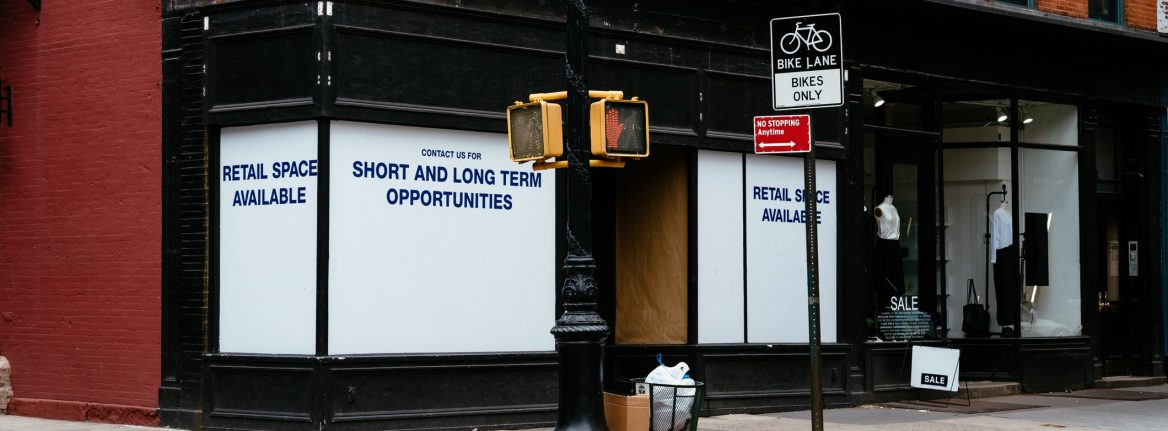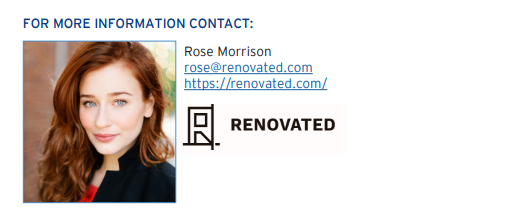Let’s look at commercial lease options. You might think that leasing a commercial property is a straightforward process. You visit a place, sign a lease, and start operating your business out of it. However, when you want to lease a commercial space, there’s a lot to think about. There are different types of commercial lease options out there that require careful consideration before you make a decision. Different property lease options include different financial obligations, including rent, utilities, maintenance, and taxes. Knowing the different types of commercial leases will help you to identify which is used by a potential landlord, giving you negotiation power.
Download Printable Article (PDF) >>>
What Commercial Lease Options are Right for You?
Commercial property leases can be confusing as you start looking to relocate your business. There are five main types of commercial property leases:
- Full-service
- Net
- Absolute-net
- Modified Gross
- Percentage
The type of commercial lease options you should choose depends on what you want your financial obligations to be moving forward. Some leases involve a higher rent payment with few other financial obligations. Others have low rent with further obligations, such as maintenance and insurance.
Which commercial lease is right for you is dependent on where you’re at in your business financially and how long you intend to stay in that location.
Here are the five main types of commercial property leases so you can determine which one is the right one for your business.
FULL-SERVICE (GROSS) LEASE
A full-service lease means you pay a base rent amount and the landlord handles other building expenses, like maintenance and insurance. This likely means you’ll pay a higher monthly rent but won’t have to deal with the headaches of keeping up with your building.
Some full-service leases require you to pay a proportionate share of operational expenses after your base year. There is good news, though – due to the greater responsibilities, the amount your landlord can charge
you is limited.
When entering one of these leases, make sure you know what you’ll owe over the long term. A gross lease can exist for any office space, but note that landlords commonly use this type in buildings with multiple tenants, such as a retail complex.
NET LEASE
A landlord can use a net lease in any commercial space. It involves each tenant sharing the burden of a building’s financial obligations, such as maintenance, insurance, and property taxes. Your landlord will most likely calculate your pro-rata share of these expenses using the portion of the building your business occupies.
There are three net leases you should be aware of when looking for a commercial space. Each has different financial obligations.
Single Net Commercial Lease Options
A single-net lease means you’ll pay your rent and a portion of utilities and property taxes. Your landlord takes care of other expenses, like maintenance and insurance. A single-net lease stipulates that tenants pay for
rent, utilities, and property taxes.
Double Net Commercial Lease Options
A double-net lease will have you paying your rent and a portion of utilities, insurance, and property taxes. Your landlord will take care of maintenance expenses. If you are in a shared commercial space, you will likely split your expenses with the other tenants.
Triple Net Commercial Lease Options
Triple-net leases are when you pay for your rent and utilities, property taxes, insurance, and maintenance fees. You can think of it as the opposite of a full-service lease. So, why would you want a triple-net lease if
you’re paying for everything?
The first advantage is that rent is typically less than other types of leases due to the extra costs. The second is that you have more freedom to operate your business as you please. Landlords also enjoy more opportunities for equity conversion, making it a win for them and the right tenant. A triple-net lease is one of commercial real estate’s most commonly used lease formats.
ABSOLUTE NET LEASE
An absolute net lease is similar to an extreme triple-net lease, though the lease types are distinct. This type of lease has renters paying for almost everything. This includes their rent, maintenance and structural repairs, insurance, and taxes. These leases are suitable for businesses that wish to rent long-term and practically own the building without actually owning it. The rent amounts for these leases are some of the lowest, considering the significant financial obligation placed on the tenant.
MODIFIED GROSS LEASE
As the name suggests, a modified gross lease is a full-service lease with some modifications. In a modified gross lease, you pay rent, utilities, and some of the operating costs. The exact financial obligations vary by each individual contract. Some of these leases involve you only paying rent for the first year but paying a pro-rata share for the remaining years you’re in that location. For example, if your business takes up half of a building’s space, you might start paying for half of the utilities and insurance beginning in your second year.
PERCENTAGE LEASE
A percentage lease requires you to pay a percentage of your gross business sales after a threshold along with your rent. Landlords typically request 7% of your gross sales. A higher percentage could be a red flag. Rent can be low in these leases because you are paying a portion of your business’s sales.
Choose You Commercial Lease Options
Deciding which Commercial Lease Options are right for you depends on a variety of factors. How much rent do you want to pay? Percentage and absolute-net leases are likely to offer you the cheapest base rent.
What additional financial obligations are you willing to take on? You’ll have fewer separate obligations with a full-service or modified-gross lease.
How large is your business? If you are still in the beginning stages, a percentage or net lease might be easier to handle.
What percentage of profit growth are you expecting to see at a new location? If you can reasonably expect positive growth, a full-service or modified-gross lease might be right for you.
ENTERING A COMMERCIAL PROPERTY LEASE
If you’re looking to relocate your business, choosing the right lease type can be crucial for your longevity in a location. Carefully evaluating offered contracts and using your knowledge to create the best situation for you
and your business will help you find the best location.
With the right lease, you increase your chances of growing your business successfully in the years to come.
Rose Morrison is a residential and commercial real estate writer and the managing editor of Renovated. To see more of her work visit:: https://renovated.com/




